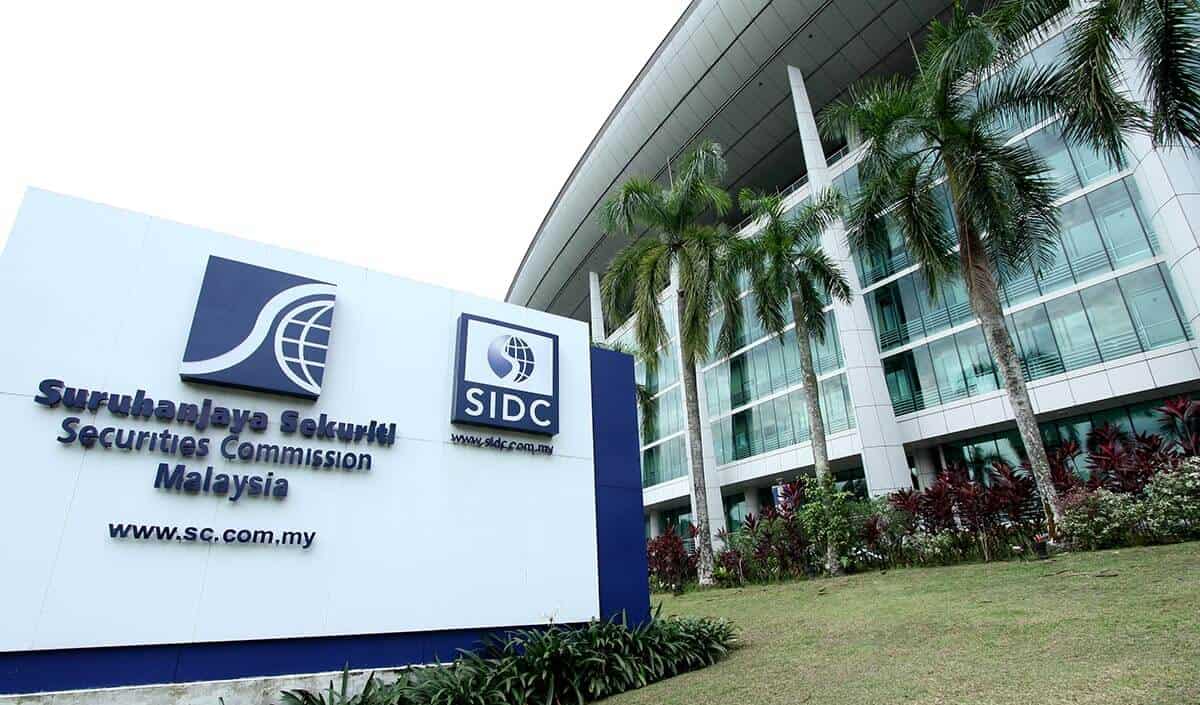Join Our Telegram channel to stay up to date on breaking news coverage
Singapore wants to improve the convenience of making cryptocurrency transactions, and its plans are set to be stamped into law. Late last week, the Inland Revenue Authority of Singapore (IRAS) published an e-Tax guide, which revealed that the government is working on a plan to exclude certain forms of cryptocurrencies from the Goods and Services Tax (GST).
For better context, the Goods and Services Tax is Singapore’s take on Value Added Tax (VAT). In the e-Tax guide, the IRAS revealed that the GST, which ideally applies to every form of digital asset transfer, will now exclude those crypto assets which are intended to act as a medium of exchange.
If accepted, the proposed exemption will take effect from the first day of 2020, and it will bring a fundamental change to a system where the supply of crypto tokens is ideally treated as a supply of services. Ergo, these transfers are, in the eyes of the law, taxable.
In the guide, the IRAS explained that up till now, the supply of exchange-focused crypto assets has been treated as a form of barter trade. To the taxation authority, this form of transfer leads to two separate supplies; a party gets the goods and/or services in question, while the counterparty receives the token, the latter of which is taxable.
However, under the proposed rule, it was explained that paying for goods and/or services with digital tokens won’t necessarily lead to a supply of the crypto tokens used in the exchange. In addition to that, the GST will also not include the exchange of “digital payment tokens” for other digital payment tokens or fiat currency.
In the guide, the IRAS provided clear parameters on the definition of digital payment tokens, saying that they should meet the characteristics of unit expression, fungibility, transferability (and electronic trading), a lack of an underlying currency peg, and general acceptability as a medium of exchange “without any substantial restrictions on its use as consideration.
Going by this definition, crypto assets like Bitcoin, XRP, Ether, DASH, Litecoin, ZCash, and Monero were identified as being digital payment tokens, and as such, have now been cleared to operate as media of exchange. This is great news for those who trade and transfer funds from Bitcoin wallets. The definition also means that stablecoins and other fiat-pegged digital assets won’t function as digital payment tokens, so their transactions- whether in stock trading or simple transfers via cryptocurrency exchanges– would still be subject to the GST after January 2020.
According to the release, the e-Tax guide is still in the draft stage. However, the country’s Ministry of Finance is also set to be holding a public consultation until July 26, during which the “legislative amendments for digital token payments” will be discussed, and feedback can be submitted by businesses within the country’s crypto industry.
Join Our Telegram channel to stay up to date on breaking news coverage


